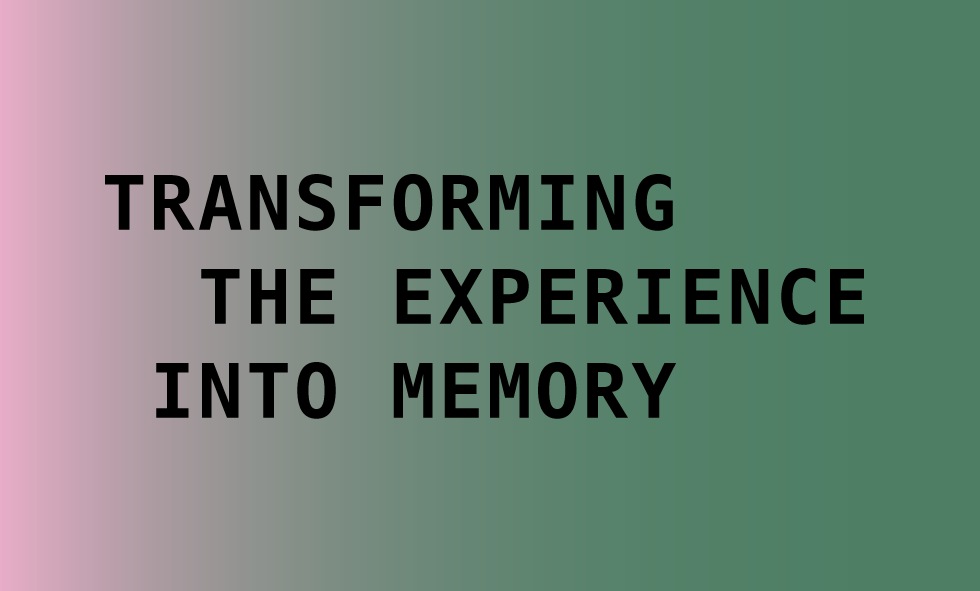Curated by Iryna Slavinska
“…This is us who will discover ourselves for Columbuses, if only they would pay attention to it this time; they don’t send interviewers to us, so this is us who have to tell about ourselves.” It’s curious that Lesia Ukrainka wrote this in one of her letters 120 years ago, and it looks like a modern sentence.
The experience we survive is exceptional. It’s painful and furious. The days we live testify to courage, love, and service. To pain, fear, and tears. To words that will never be enough.
In his essays Air War and Literature, W.G. Sebald writes about the incoherent fragmentary — and apparently improbable — speech of eyewitnesses of extreme experiences. “She foretells disaster and prophesies it, but no one believes her, because although she tells the truth, she doesn’t do it in the way that people would like…” — and this is what Lesia Ukrainka writes about her Cassandra in a letter to Olha Kobylianska.
There is too great a temptation to compare us with Cassandras who are not heard and believed. In speaking and writing about experiences, there is too great a risk of indulging in the flow of language inertia: stereotypes, clichés, and phrases from history textbooks familiar from childhood. The risk of indulging in intonations that will contradict the true reality. And really, how to speak when reality cannot be adequately described?
Writing, the creation of texts, and the work of literature are what transform the experience into a memory that can be passed on, beyond personal perception, beyond oral creativity and stories, say, about war. But how to write, when the normal — usual in pre-war scenery — functioning of language is not possible?
‘The ideal of truth’ and ‘unpretentious objectivity’ — this is the formula offered by Sebald who also writes about the danger of the “aesthetic effects of the rubble of a destroyed world”. But what is ‘truth’? And what is ‘objectivity’, also ‘unpretentious’?
The words ‘experience’, ‘writing’, and ‘reading’ are not possible in the singular in modern Ukraine. We deal with a multitude of author’s and reader’s strategies unfolding in the spectrum from the impossibility of writing/reading to the escapism of immersing in texts.
The Literary Program of this year’s Book Arsenal will try to give voice to this literary multitude: diaries, documentary notes, works of art, texts by professional writers, and those who only started writing in reality after February 2014 and 2022. And also poetry, which once again became the leading edge on which words are formed today, with which tomorrow we will tell about our experiences. A multitude of reading practices will also have their own space — from the reflex of being together, gathering in book clubs, to a secluded alternative to reading, such as listening to audio and radio literary projects.
And the central milestone of the Book Arsenal 2023 is the opportunity to be close, beyond the screens and pages — the same way as our shared experience of indomitability and resilience. The experience of refusing to look away. The experience of speaking out loud about what you saw.
